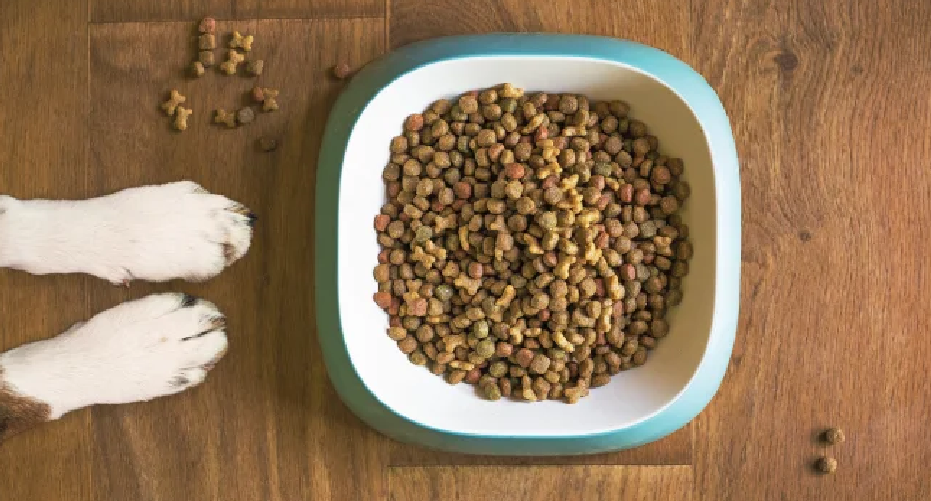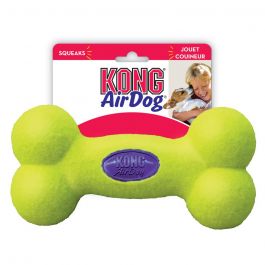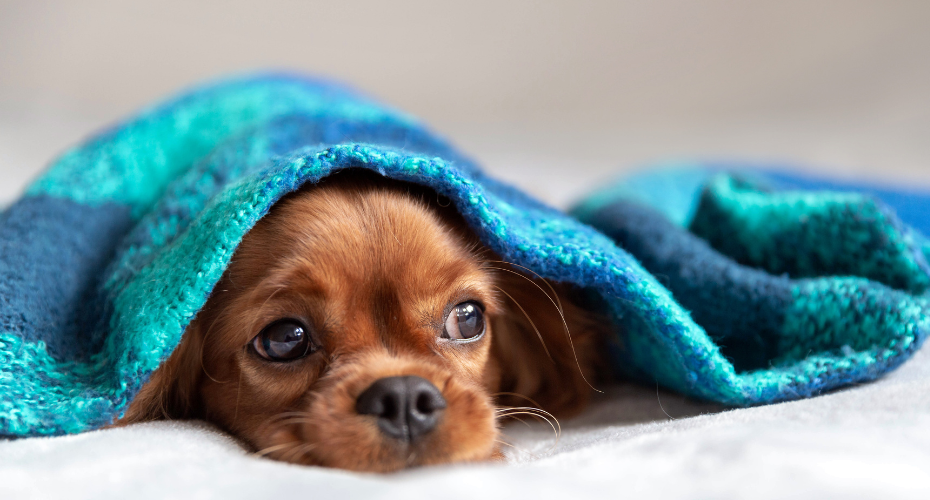
When winter comes around it can be easy to forget that your pets will need some extra TLC during the colder months, that’s why we have come up with 7 helpful tips to keep in mind during this winter.
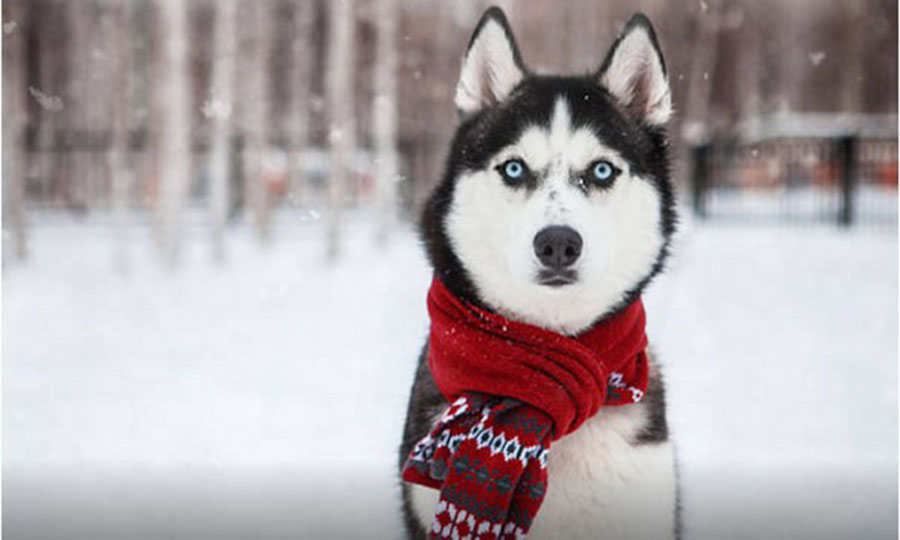
1. Stay Warm
Ideally, when temperatures start to drop significantly that’s when you make the move to bring your outside dogs in. However, if your dog needs to / prefers to stay outside make sure their winter experiences is as cosy as possible.
This could include:
- Elevated, draught-free kennel offering protection from winters harsh weather
- Extra warm, dry blankets
- Dog jumper if necessary
If you would like to bring your outdoor pet inside on cold winter days, that’s also a great option. However, keep in mind that pets in new environments can be destructive while adjusting to their new lifestyle.
Also, as they now don’t have their usual spot to do their business, there could be accidents around the house. It’s best to set rules early and allow for potty breaks.
As for inside pets, ensure their bed is somewhere warm, with extra blankets and beds if needed. Heating pads can also be a great option for warming up your pets beds. Also, be careful not to place your fur friends bed too close to any heaters as this could be a hazard. Furthermore, for the shorter-fur pets, warm clothing could be one of the best ways to keep them warm through winter.
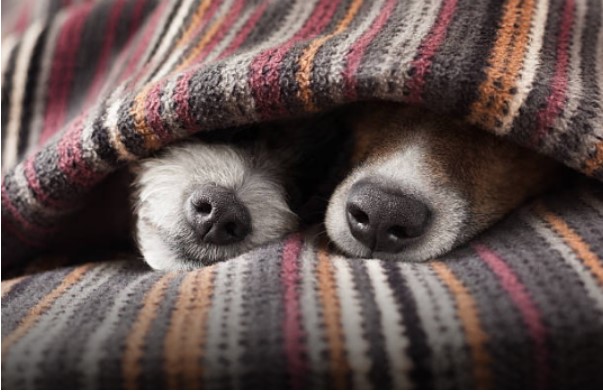
2. Don’t Over Feed
It’s likely that in winter your pet is going to require more food. As their body tries to warm itself, it needs more energy to do the job and your pet’s food intake may need to be increased.
However, if you’re increasing the food intake of your pet during winter, ensure that they have a regular exercise which will help to burn any excess energy as winter is notorious for weight gain.
A good rule of thumb to follow is:
If your pet is mostly indoors, feeding them their regular meal portions will be enough to see them through winter as the unburnt calories from decreased activity will turn into fat and give them a little needed insulation.
But If your pet stays outdoors, then increase their food portions slightly and continue to monitor their activity levels and weight.
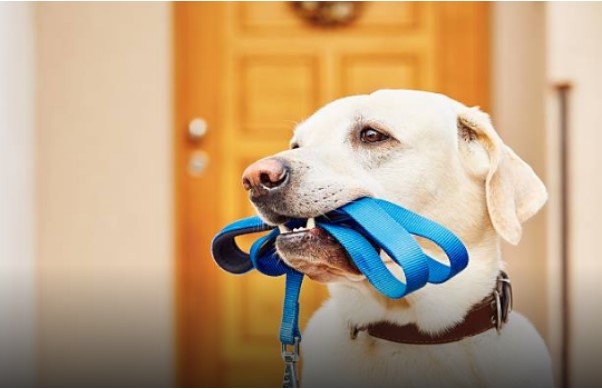
3. Regular Exercise
Even though it’s cold outside, it’s still important for pet owners to keep a regular exercise routine. Not exercising can affect your dog’s physical health and in some cases can lead to behavioural problems.
Whether it’s a regular morning walk or run in the park, make sure you maintain that routine during winter to ensure your dog remains fit and healthy.
On the slightly colder days, there are still ways to exercise your pet without having to brave the weather.
For kittens and puppies:
Try playing a game with them like hide and seek in the house. It’s a great way to exercise their senses like sight, sound and smell as well as major muscle groups.
It’s also a fun way to bond with your pet and teach obedience. Firstly, get their attention by throwing a small yummy treat, then run away and hide.
Your pet will get an overall workout when they search the house for you.
For larger pets:
They might enjoy playing fetch with their favourite soft toy, tug-of-war with an old tea towel; though just like having a kid in the house, make sure there’s plenty of room to move in and be mindful of objects like picture frames or vases that could fall and hurt you and your pet.
To exercise their mind and strengthen their obedience, try teaching them a few simple commands like rolling over or shaking paw to keep their mind and body stimulated. Treats are fantastic to use as positive reinforcement when they complete a command correctly.
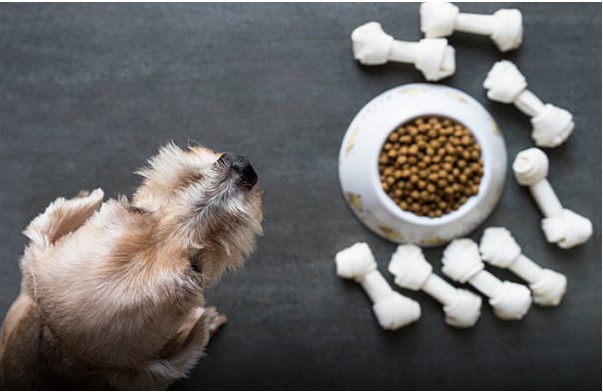
4. Avoid Spills
Specifically in places that have snow and ice, it is crucial to look out for de-icing spills as antifreeze and salt are harmful to your fur friends.
Antifreeze, which is used in cars to stop the engine from freezing over, is highly toxic to animals, and even a lick can cause illness.
Therefore it is essential to properly clean off your pup when returning home again.
If you suspect your pet has had ANY antifreeze, take them straight to your local vet.

5. ‘Winter skin’ prevention
Just like humans, when the temperature changes so can your pet’s skin.
Moving between the cold of outside and the dry heat of your home can result in your dog getting itchy, dry skin. So make sure when your pet has been outside, pat them dry with a towel to remove any excess water.
Pay special attention to the area around their feet and between their toes in case of ice sticking to their fur.
You can also minimise the risk of your pet getting dry, sore paws by massaging petroleum jelly into their paw pads before going out, which will help protect them from salt and other chemicals. Dry skin in winter is a possibility for dogs, so if your pet is scratching regularly then you should consult a veterinarian.

6. Grooming
Unless your pet is a breed that has a natural winter coat, you can help them prepare for the lower temperatures by keeping their coat well brushed with a pet brush. Removing the dead fur will allow new, thicker fur to grow in. A well-groomed coat dries faster and is also better at keeping your pet warm than a messy, matted coat.
7. Toilet Time
You should limit your pets time outside to prevent them from developing frostbite or hypothermia. However, your dog may only be comfortable doing their business outside. To make it more comfortable for them, stay close to them as it reassures them that you will let them back inside as soon as they are finished. If your pet can be trained to go potty indoors, you can use pee pads, an indoor grass mat or train them to use a litter box.
Vet Products Direct offers a wide range of pet supplies online .




